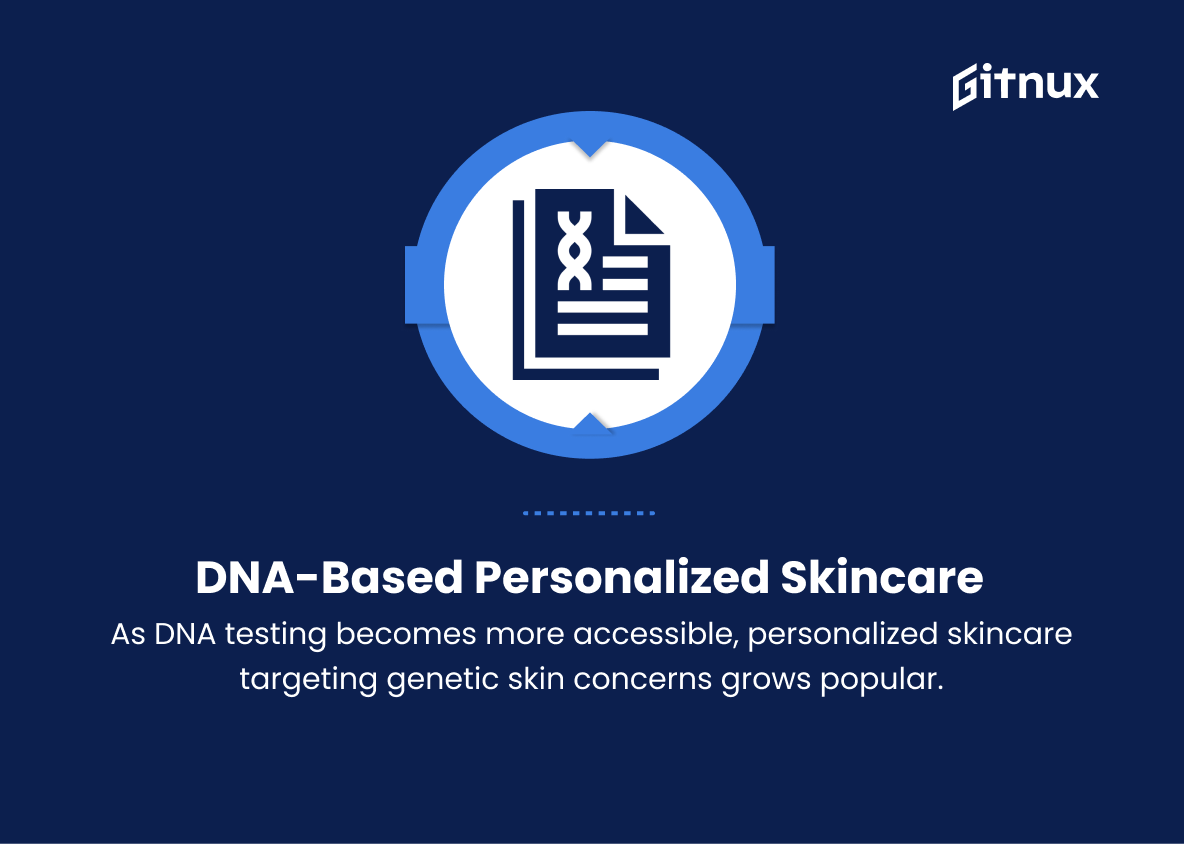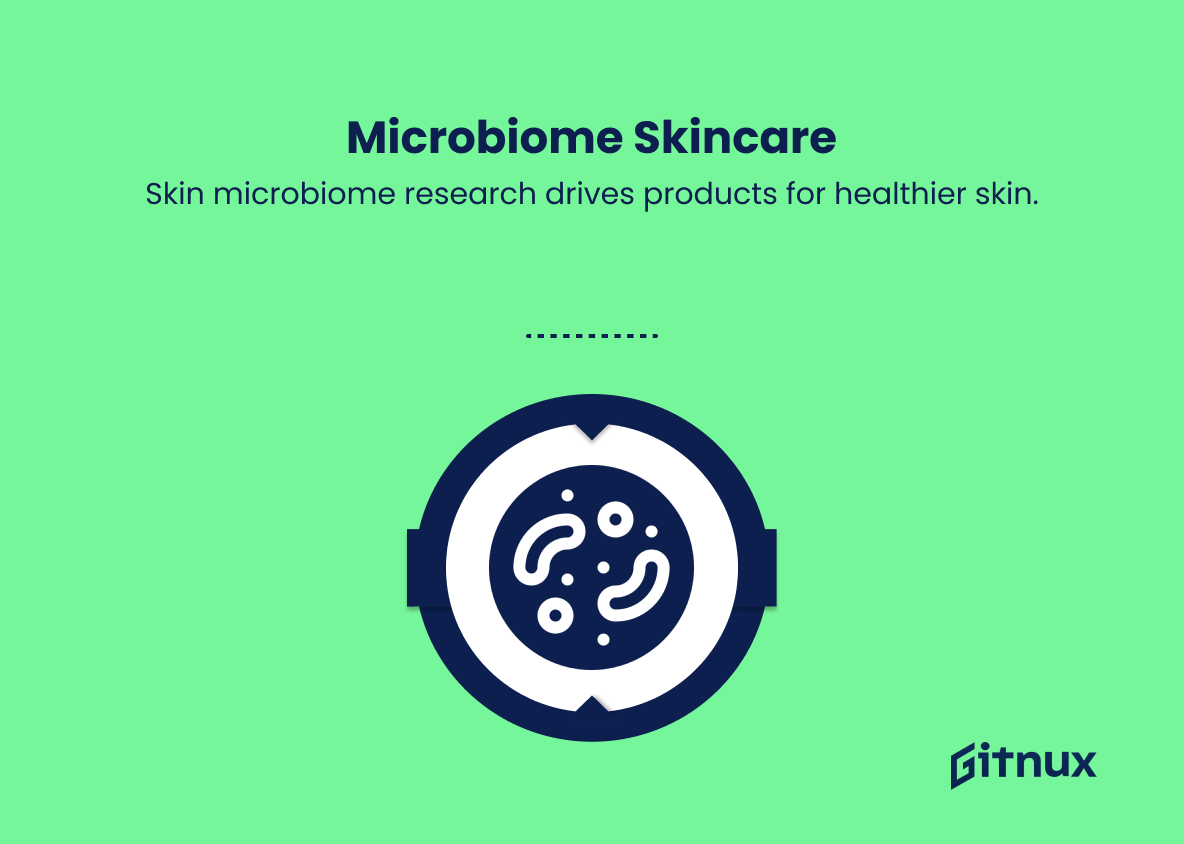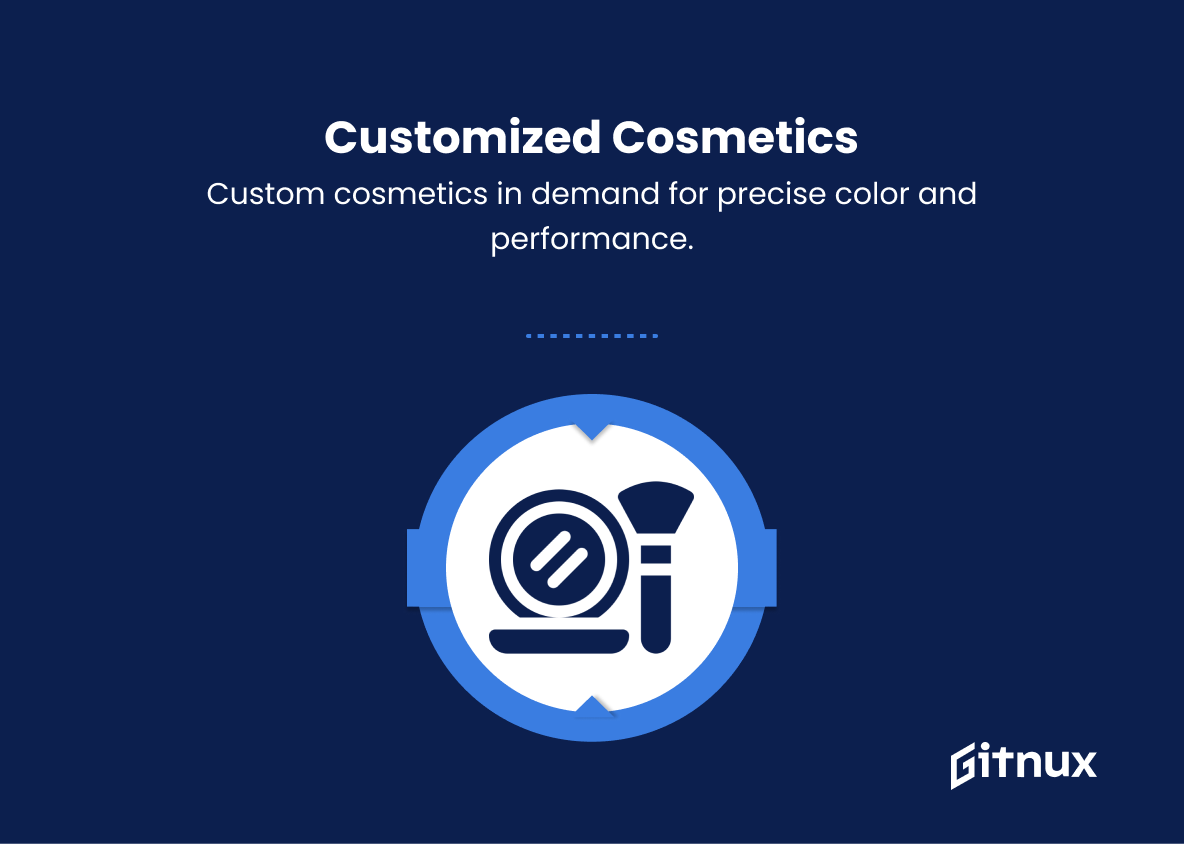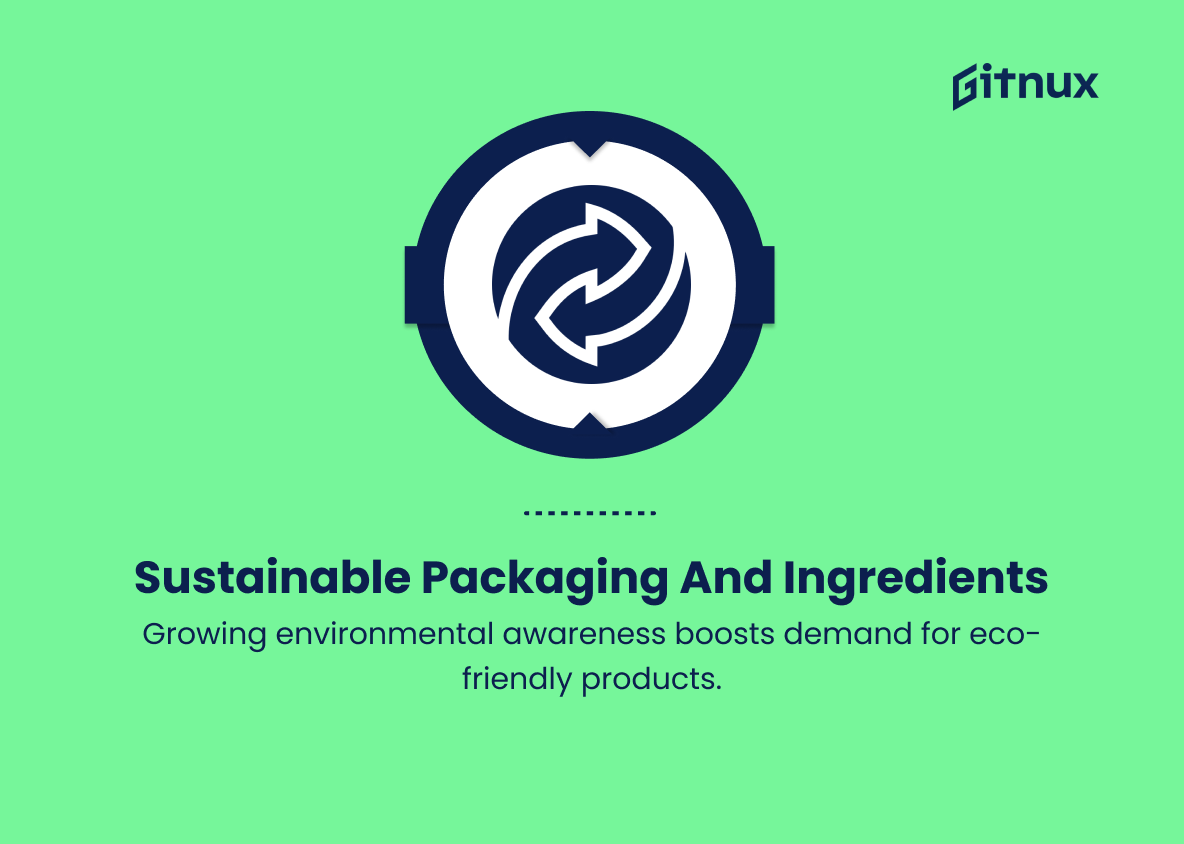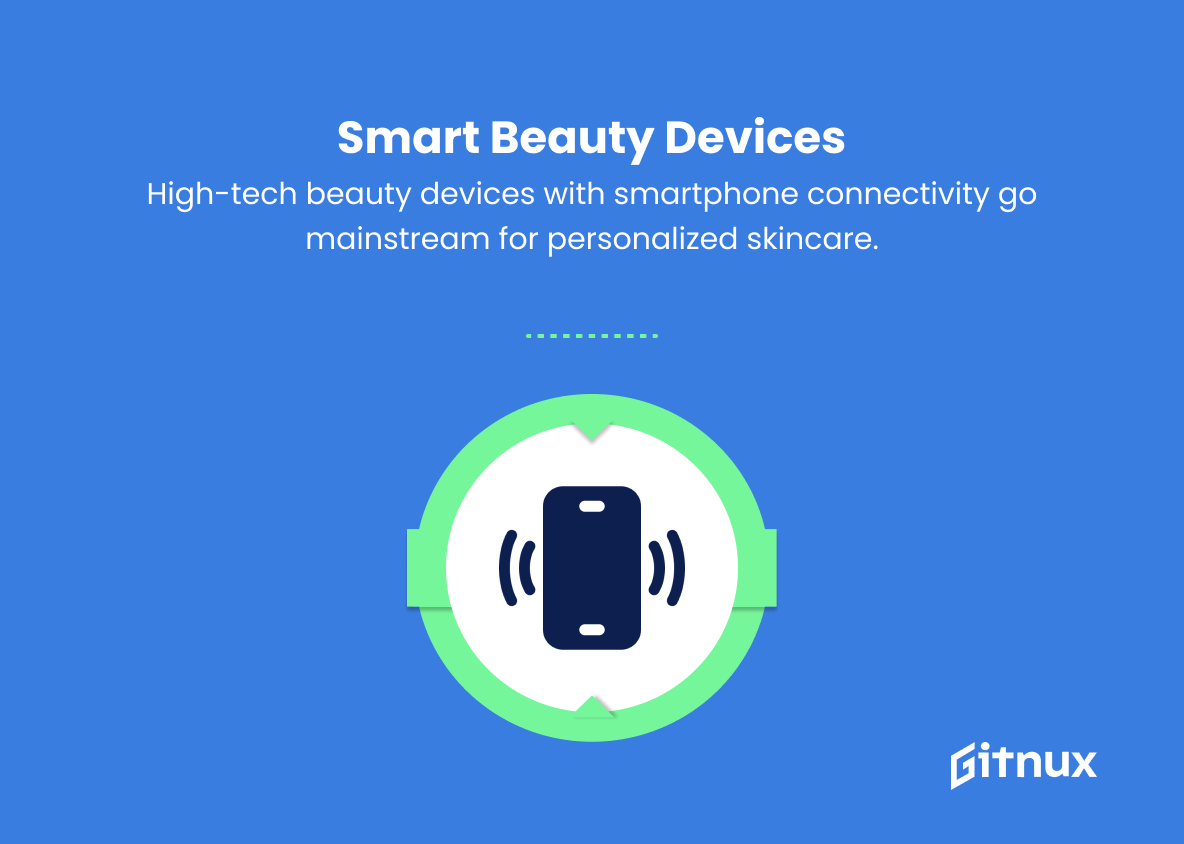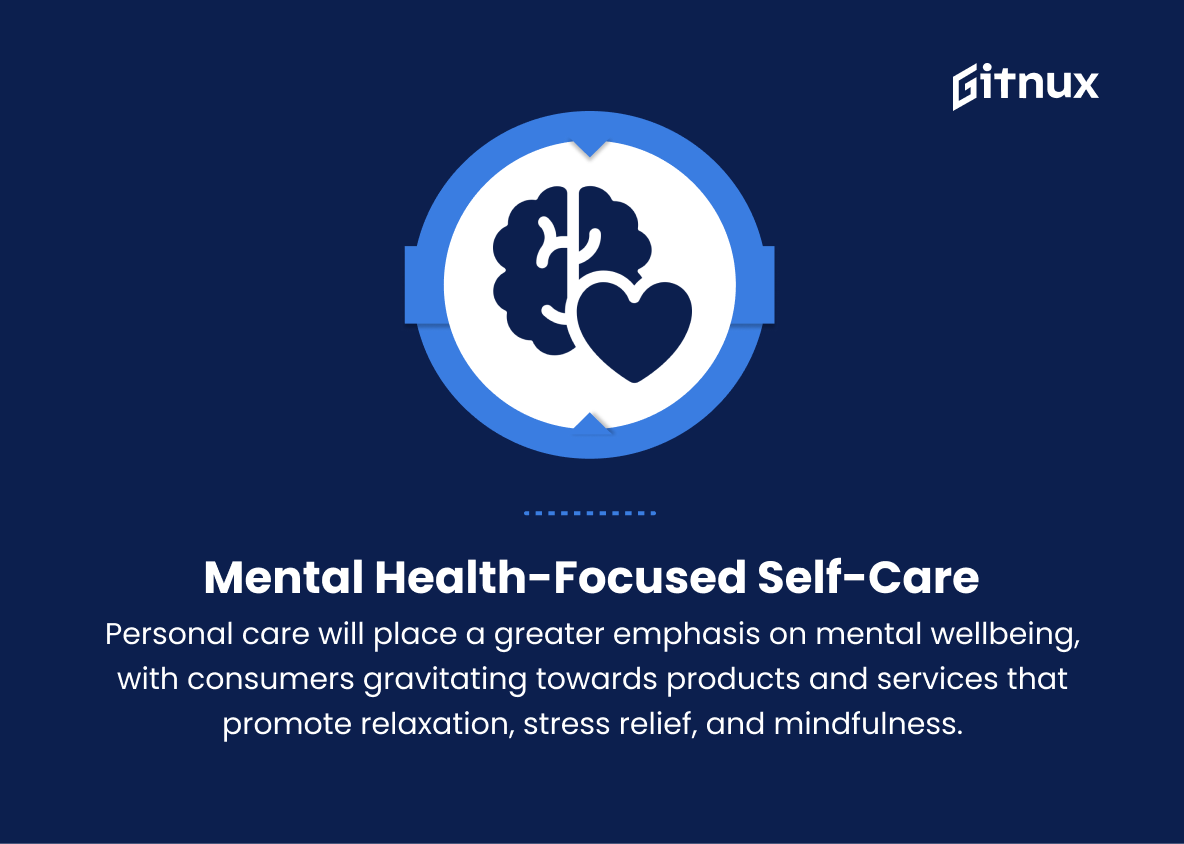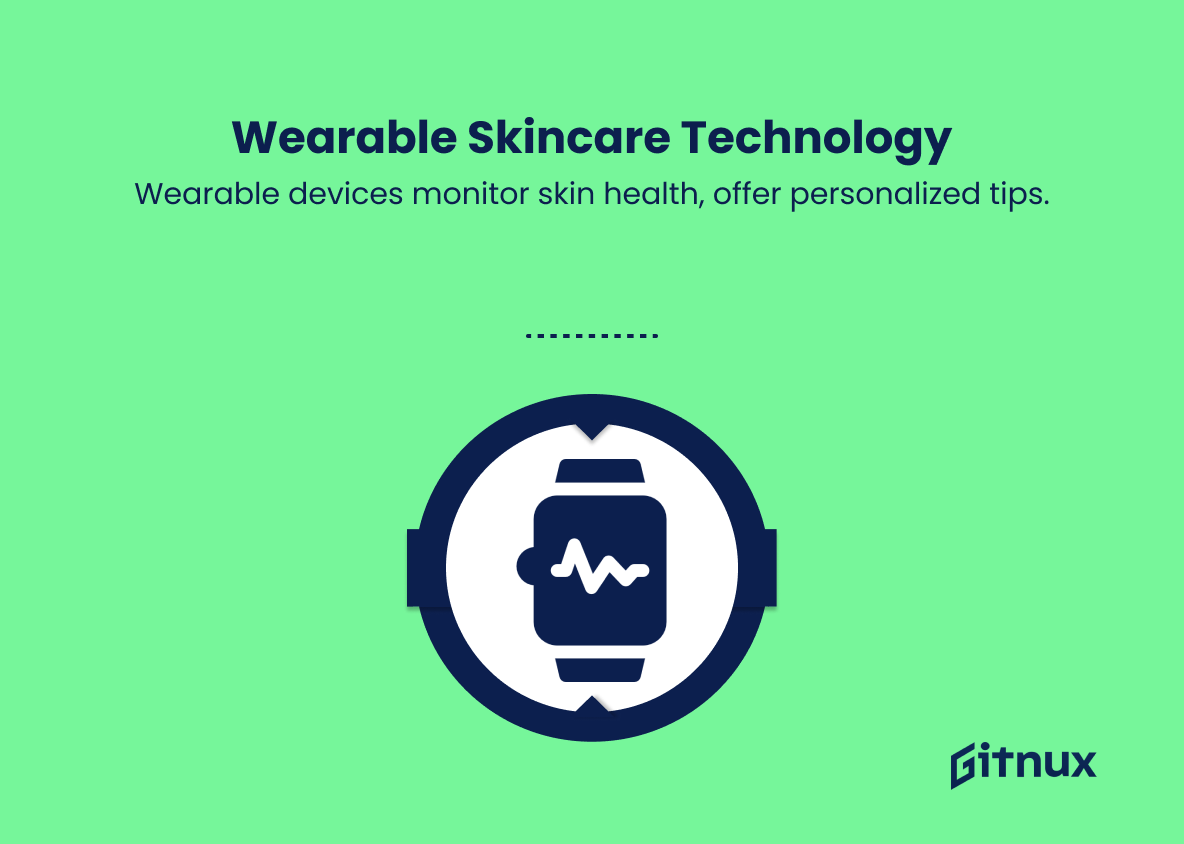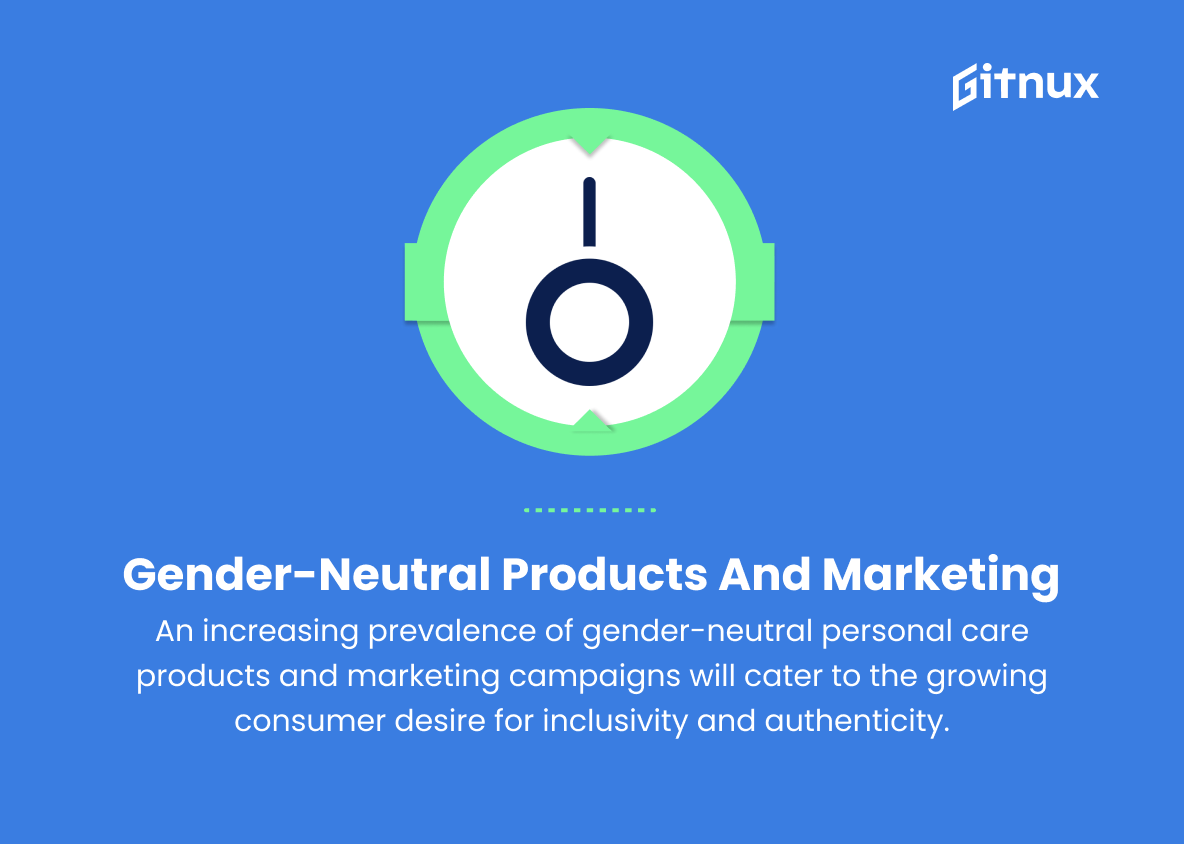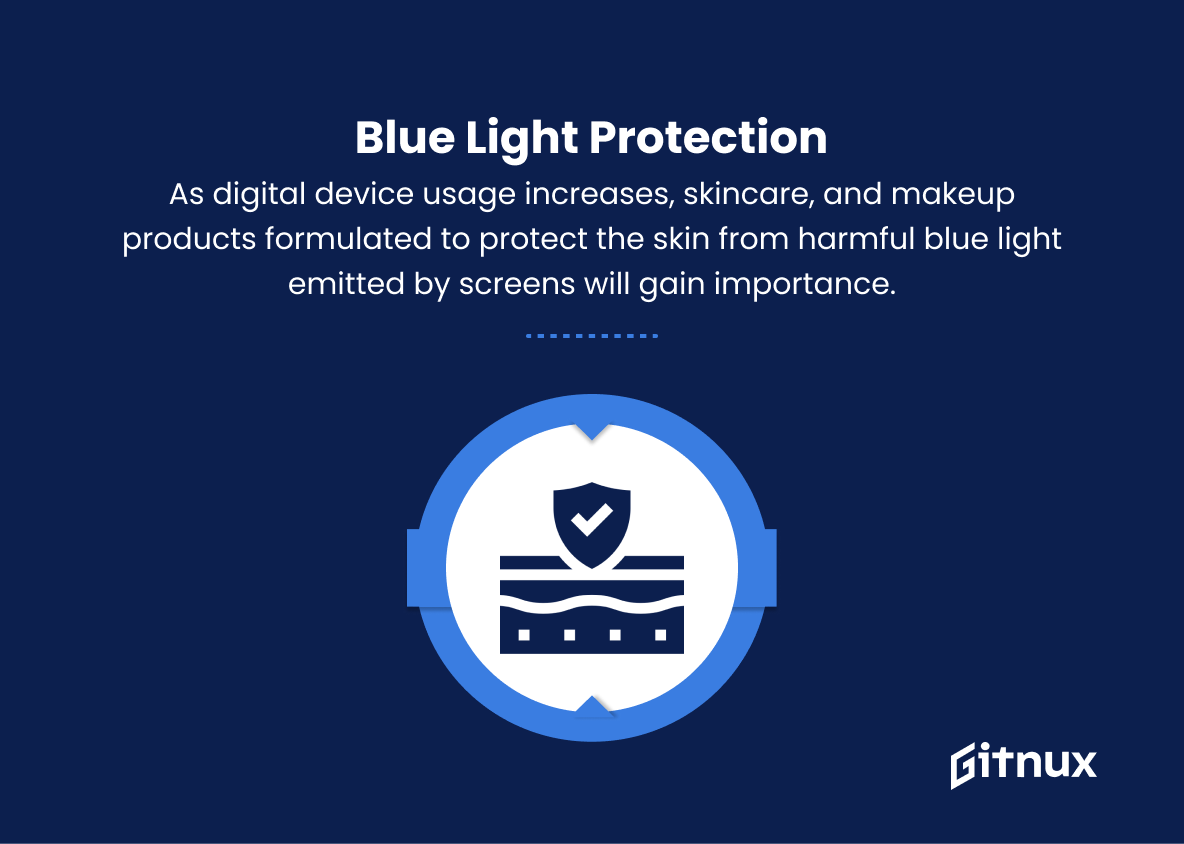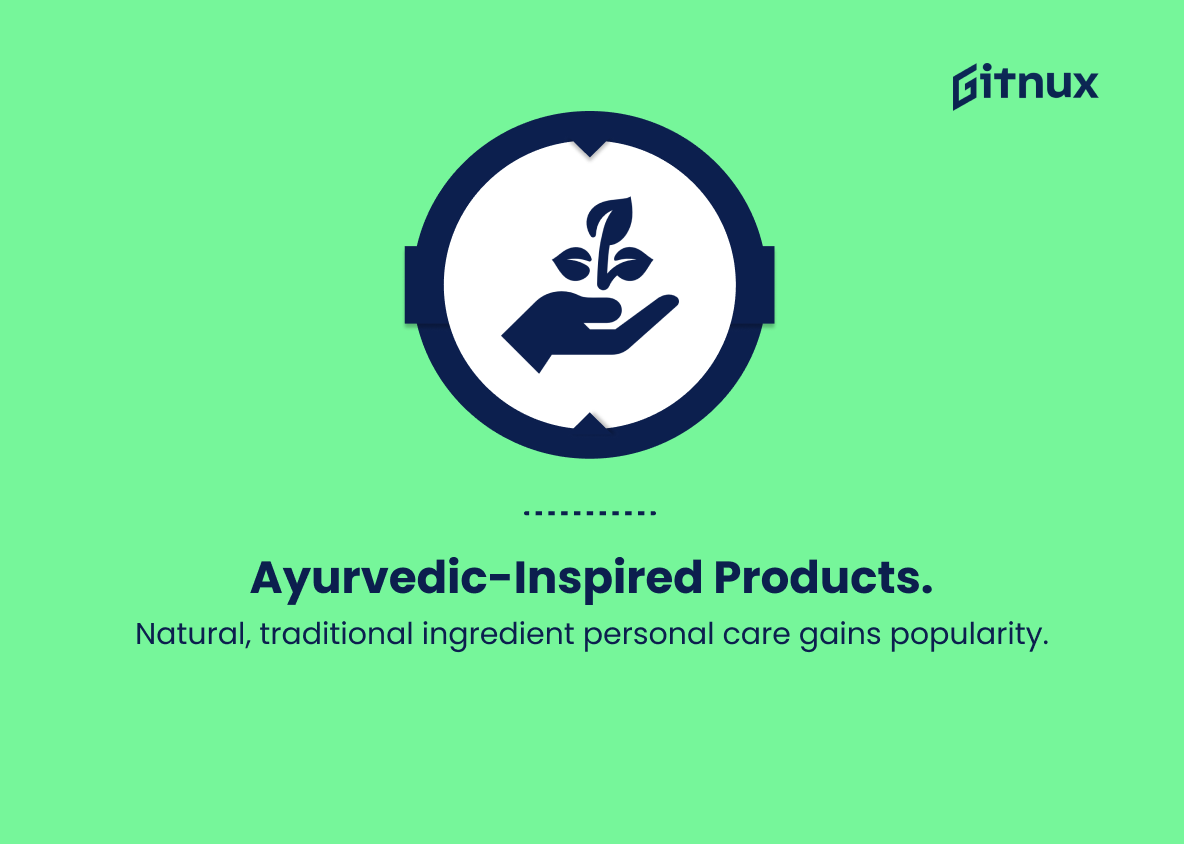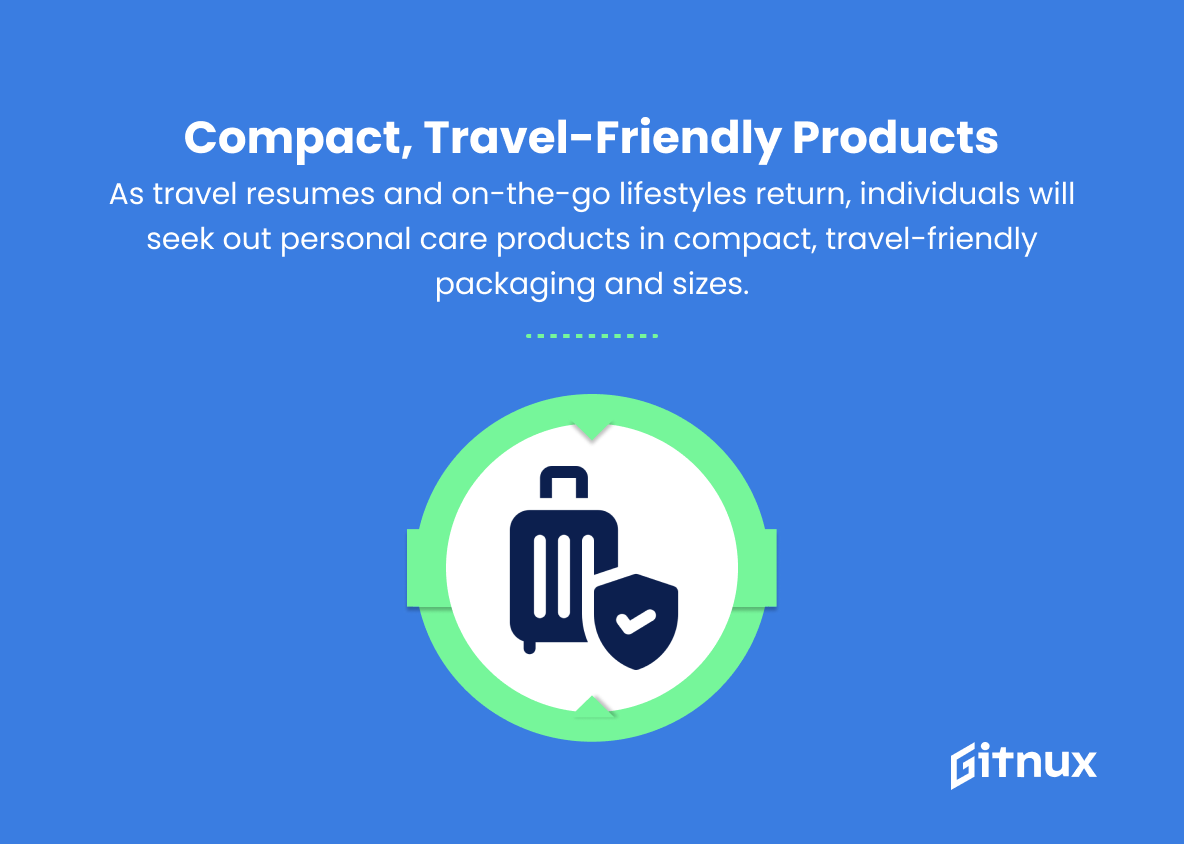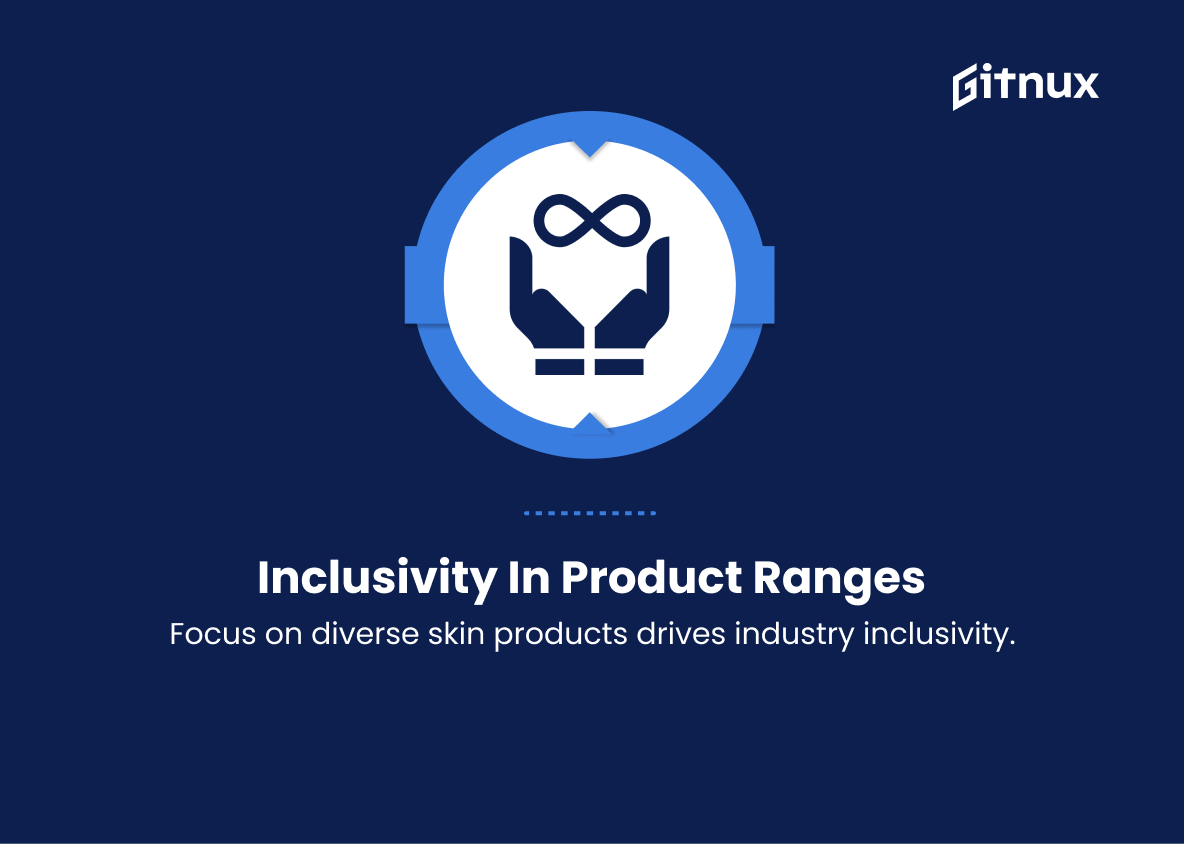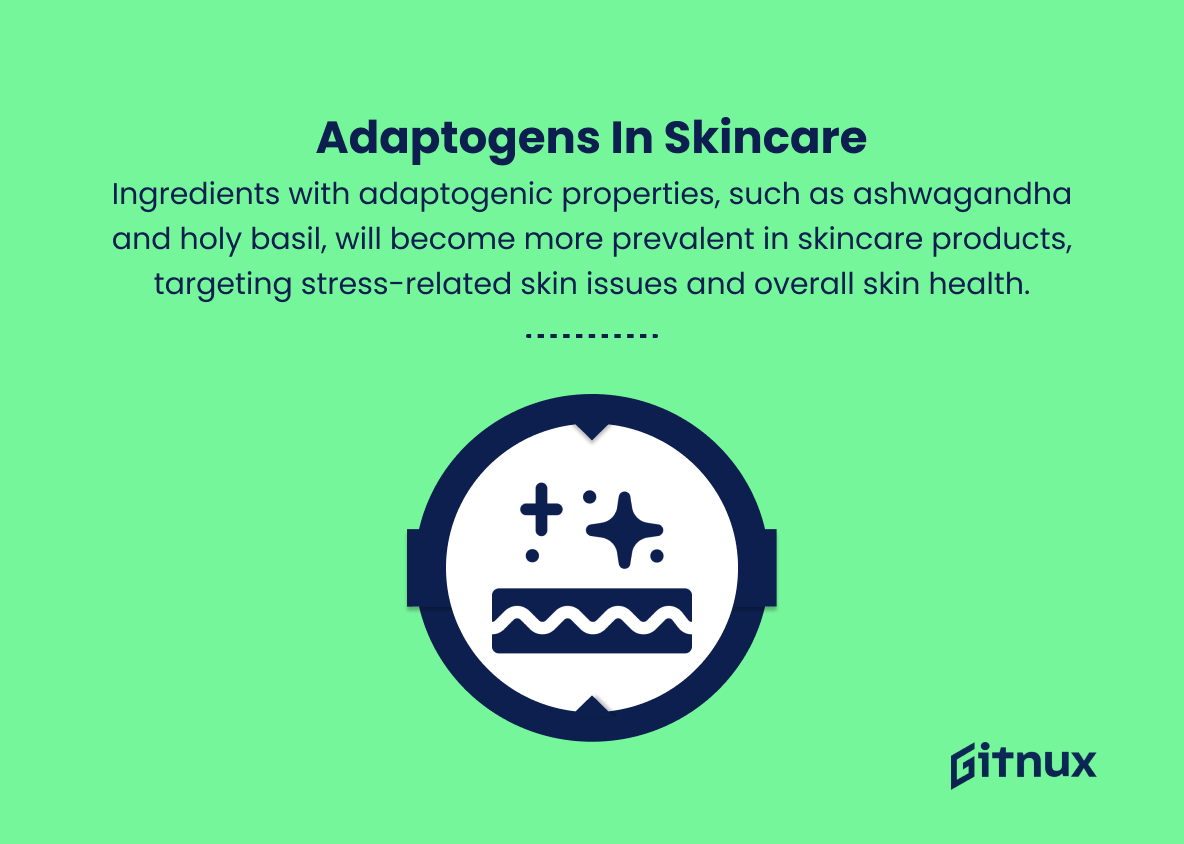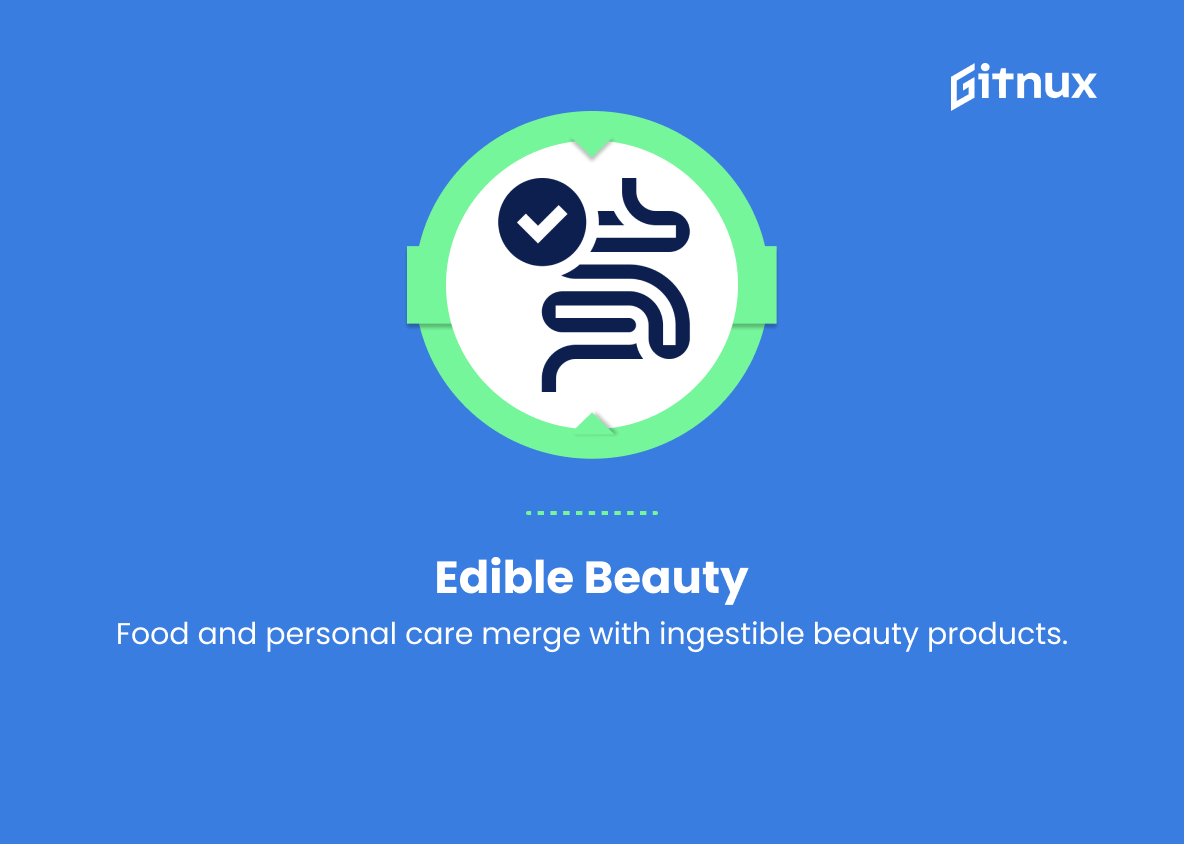In the rapidly evolving landscape of personal care, it has never been more crucial to stay informed and adaptable to the latest trends shaping the industry. From groundbreaking technological advancements to a growing emphasis on sustainability and ethical practices, these shifts not only impact our daily routines but also echo the larger cultural and societal transformations occurring worldwide.
As conscious consumers and global citizens, we must remain vigilant in our pursuit of knowledge and be prepared to adopt innovative approaches that promote overall well-being. Join us as we explore the top Personal Care Trends of the year in this well-researched and thought-provoking blog post. Our goal is to keep you ahead of the curve and help you make informed decisions for yourself and the planet.
Top Personal Care Trends
1. Personalized skincare using DNA analysis
As DNA testing becomes more accessible, personalized skincare products based on an individual’s genetic makeup will gain popularity, targeting specific skin concerns directly linked to genes.
2. Microbiome skincare
With expanding research on the skin’s microbiome, skincare products will increasingly focus on restoring the balance of good bacteria to promote skin health and address issues like acne and eczema.
3. Virtual consultations with beauty experts
Online consultations and AI-powered chatbots will provide personalized skincare advice, allowing individuals to receive recommendations tailored to their skin type, concerns, and preferences.
4. Customized cosmetics
Consumers will increasingly demand tailor-made cosmetics, such as foundations and lipsticks, to achieve a more accurate color match and product performance based on their skin type and needs.
5. Eco-friendly packaging and sustainable ingredients
An increased awareness of environmental concerns will lead to a demand for cruelty-free, vegan, and sustainably sourced personal care products, alongside biodegradable or reduced-waste packaging.
6. Smart beauty devices
High-tech beauty devices, like at-home skincare tools with smartphone connectivity, will become more commonplace, enabling people to monitor the effectiveness of their skincare routines and receive personalized recommendations.
7. Mental health-focused self-care
Personal care will place a greater emphasis on mental wellbeing, with consumers gravitating towards products and services that promote relaxation, stress relief, and mindfulness.
8. Wearable skincare technology
Innovative wearable devices will assess real-time skin health data, such as hydration levels and sun exposure, and provide personalized recommendations and alerts to help maintain optimal skin condition.
9. Gender-neutral products and marketing
An increasing prevalence of gender-neutral personal care products and marketing campaigns will cater to the growing consumer desire for inclusivity and authenticity.
10. Blue light protection
As digital device usage increases, skincare, and makeup products formulated to protect the skin from harmful blue light emitted by screens will gain importance.
11. Ayurvedic and traditional medicine-inspired products
Personal care formulations that incorporate natural and time-tested ingredients based on traditional healing systems, such as Ayurveda, will continue to gain popularity and mainstream attention.
12. Miniaturized products and travel-friendly packaging
As travel resumes and on-the-go lifestyles return, individuals will seek out personal care products in compact, travel-friendly packaging and sizes.
13. Inclusivity in product ranges
An increased focus on developing products that cater to diverse skin tones, types, and textures will drive the personal care industry to become more inclusive and reflective of its consumer base.
14. Adaptogens in skincare
Ingredients with adaptogenic properties, such as ashwagandha and holy basil, will become more prevalent in skincare products, targeting stress-related skin issues and overall skin health.
15. Edible beauty
The line between food and personal care will continue to blur, as products featuring ingestible ingredients and those promoting beauty from within gain popularity. Examples include collagen supplements and beauty-focused teas with skin and hair-boosting properties.
Implications
The future personal care landscape will be shaped by advances in technology, heightened eco-consciousness, and an emphasis on customization and inclusivity. Advancements in DNA analysis will enable personalized skincare, while wider research into the skin’s microbiome will help address specific issues like acne and eczema. Virtual consultations and AI-powered chatbots will bring personalized skincare advice to the masses, and customizable cosmetics will cater to diverse skin types and preferences. An eco-conscious society will prioritize sustainable ingredients and packaging, while high-tech beauty devices and wearable technology will offer real-time skin health monitoring.
Mental health-focused self-care, along with Ayurvedic and traditional medicine-based products, will further contribute to overall wellbeing. Inclusivity will be the norm, with gender-neutral marketing, diverse product ranges, and universal blue light protection. Adaptogens will be incorporated into skincare products, while edible beauty further blurs the lines between food and personal care. Finally, miniaturized and travel-friendly packaging options will likely regain popularity as people return to their on-the-go lifestyles.
Conclusion
In summary, personal care trends have evolved significantly and will continue to do so as more consumers prioritize their well-being and the environment. Brands must remain observant and adaptive, tailoring their offerings based on the latest research and consumer preferences. With a growing focus on sustainability, ethical sourcing, and personalized products, the personal care landscape will continue to shift and innovate. By staying well-informed of these trends, both consumers and industry leaders can work together to create a healthier world, one personal care product at a time.
